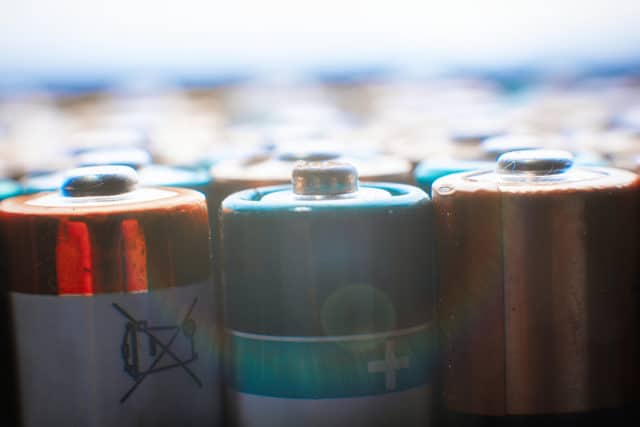The battery is certainly still one of the most speculated questions when choosing a new electronic, taking into account not only the importance of the component that will feed your device in the course of life, but also the quality of the device for the sake of owner safety.
It was precisely in this scenario and after all the sad incidents of explosive batteries over the past few months that a group of researchers at the University of Maryland found a promising alternative to end the explosions in devices: the new battery based on water.
The report was released in early September, explaining how such technology works. Currently, the cell phones we carry in our pockets are powered by lithium-ion batteries, which in turn contain electrolytes that help transport ions between the electrodes. Since these electrical conductors are made from organic chemicals, they can easily catch fire in some circumstances.
Following a new path in this action, scientists then developed water-based electrolytes (which in essence repels fire), and since water in turn is not very reactive in nature, such modules do not have a great deal of harm.
Instead of using lithium ions in electrical conduction, the team of researchers led by Dr. Chunsheng Wang in Maryland have created a water-based battery that takes the place of traditional organic chemical compounds. The electrodes of this new battery contain a coating that will not degrade when it comes into contact with the water-based electrolyte.
“The key innovation here is making the right gel that can block water contact with the anode so that the water doesn’t decompose and can also form the right interphase to support high battery performance,” said Wang.
This newly developed technology delivered more positive results than the water-based modules tested in the past. However, there is still one big issue associated with the new battery type: this module can only run for about 70 charge cycles.
Because cellphones need batteries with about 500 cycles, researchers are now studying how they can solve this obstacle for this technology to be implemented in commercial devices. Once this obstacle is overcome, it appears that the arrival of water-based batteries will be imminent – now it’s only a matter of time, engineering and final testing.










